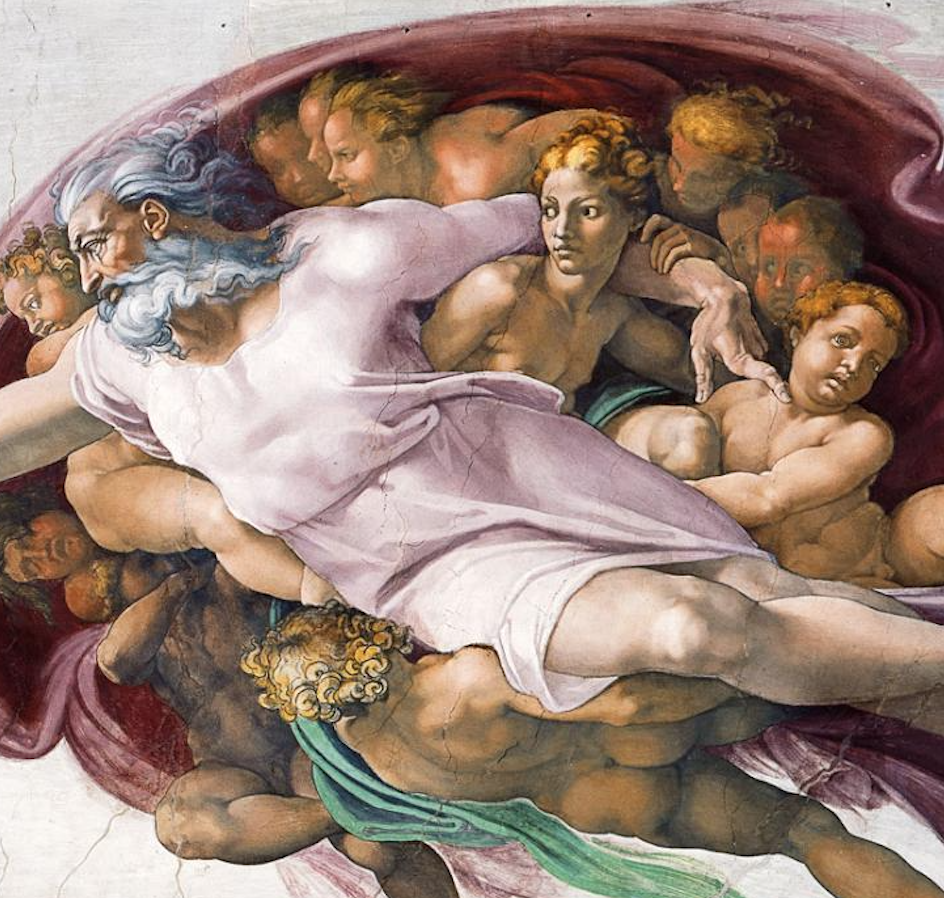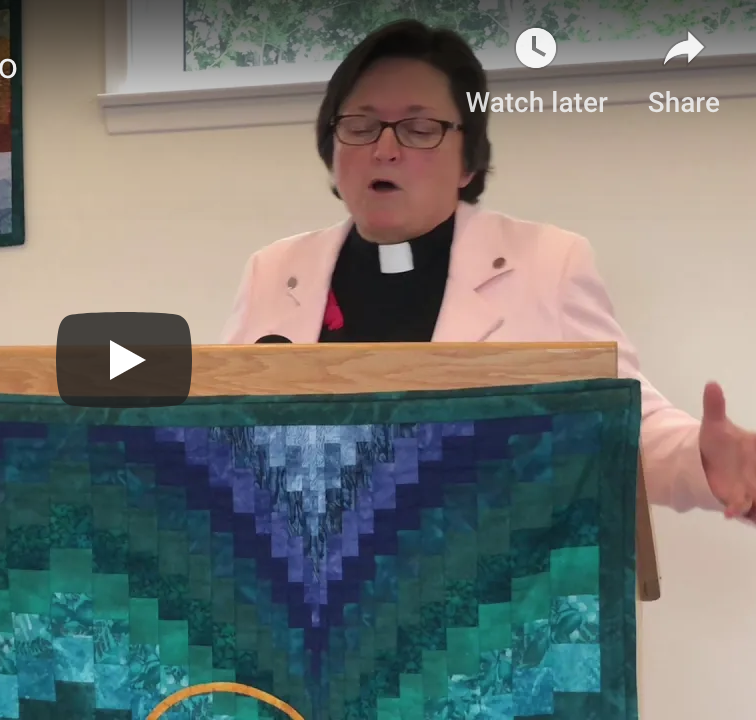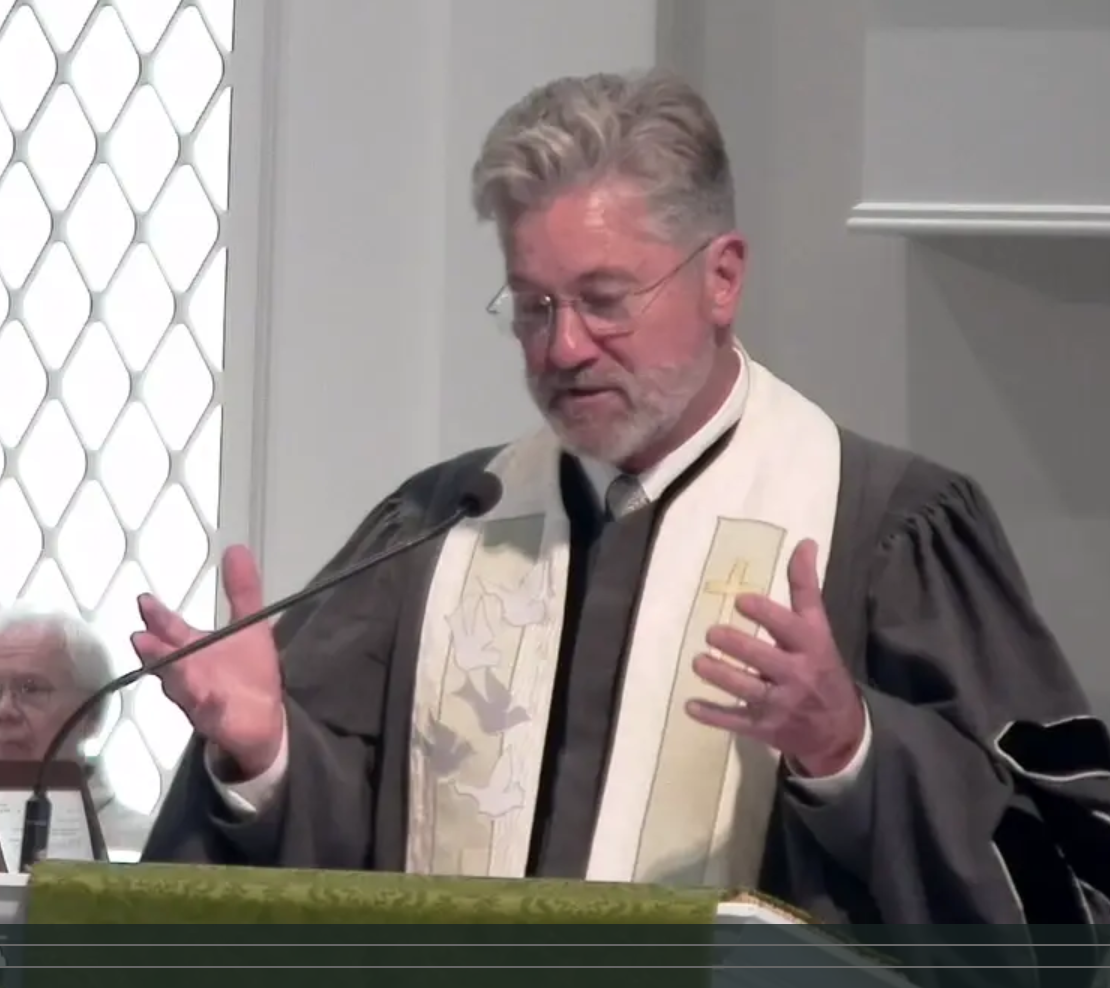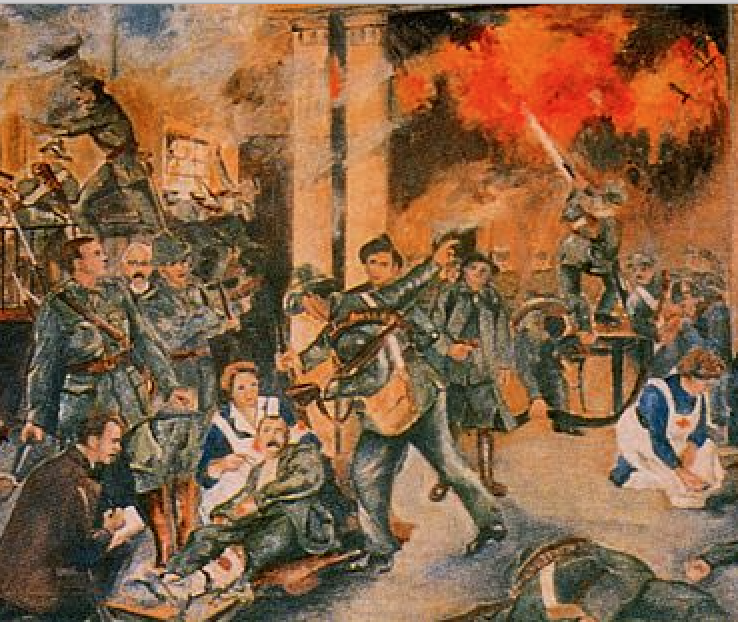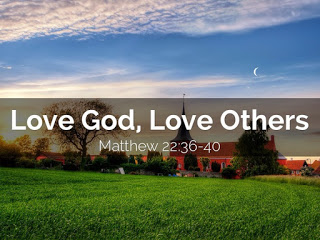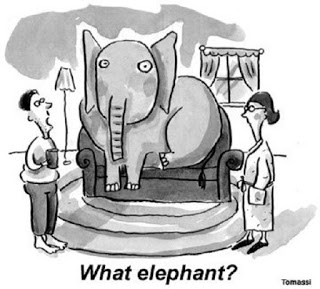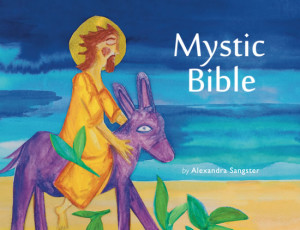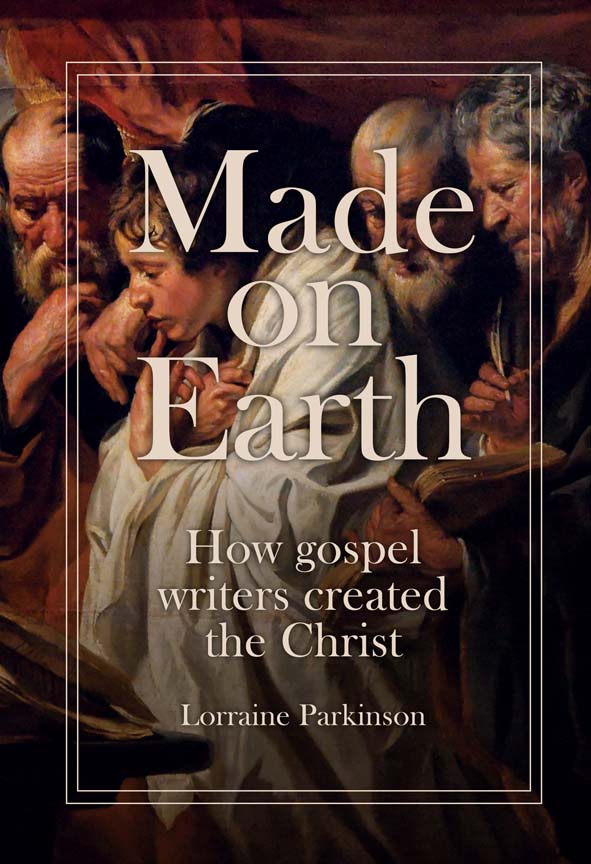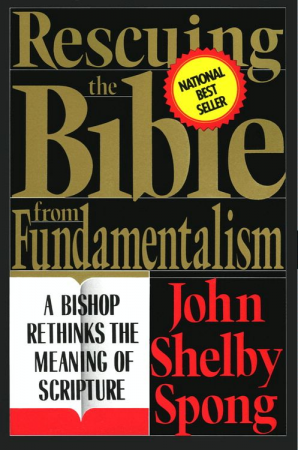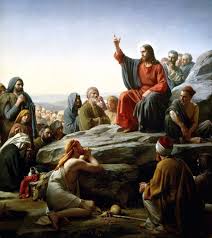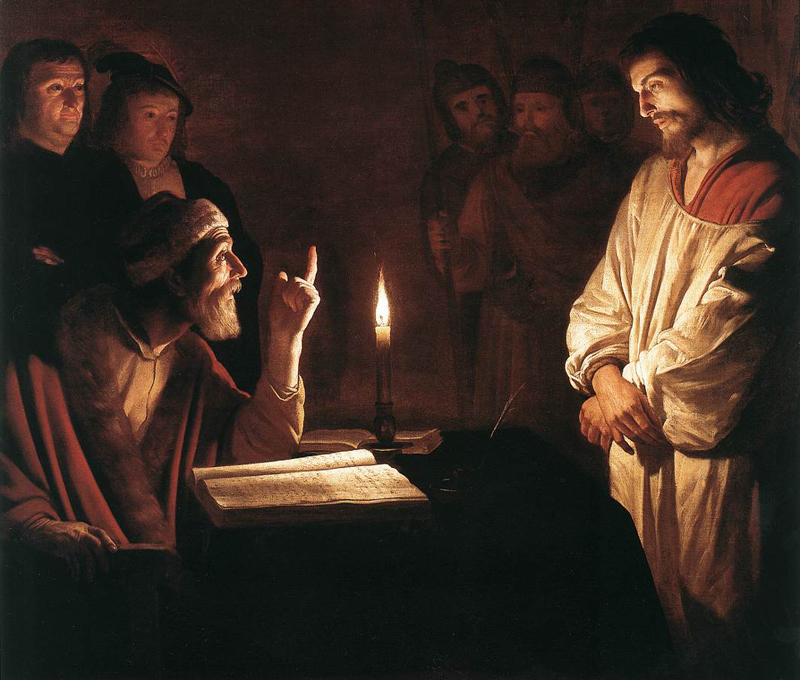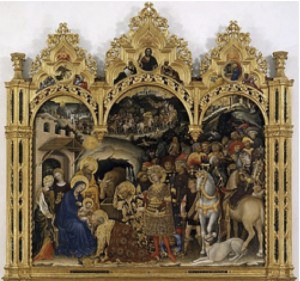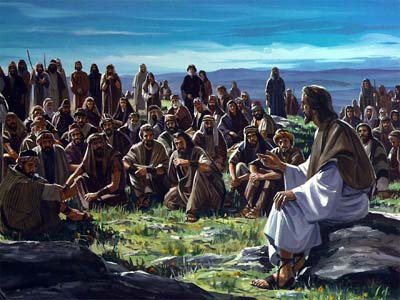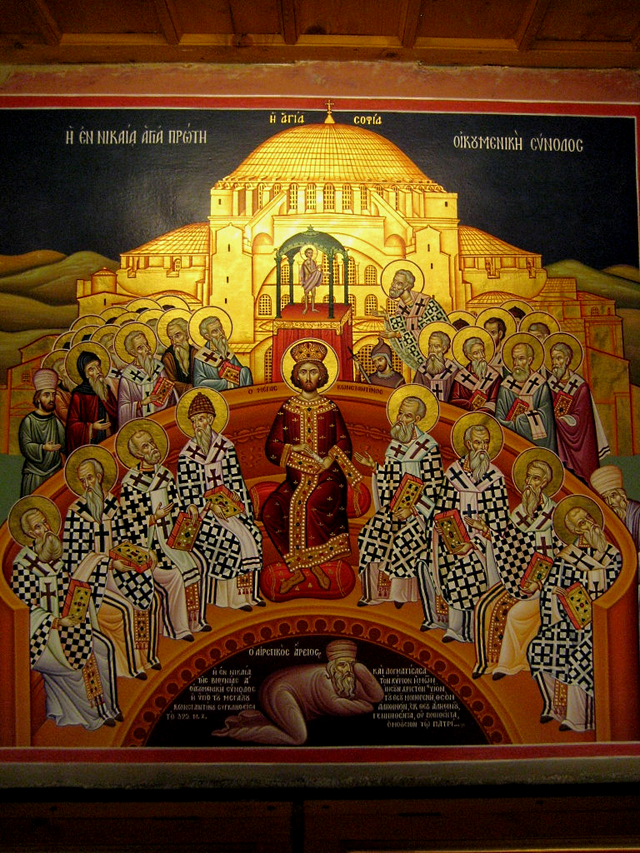What has always “tainted” mankind and kept people from living ethical, inclusive, and caring lives? The answer is what drives our contemporary enormous cultural divide: Bad choices often rooted in tribal-based anger and hatred.
The framework of ancient virtue theory, with its emphasis on character and the life of each human being as a whole, also formed a backdrop for the Synoptic Gospels. It is against this background that the figure of Jesus can be analyzed as an exemplar of the ideal moral person.
I’ve always heard that Jesus’ ministry was three years long. Now I hear that it was only one year. How does something like that change?
Restoration of a Vision from the Christian Faith Tradition
What might constitute an adequate improvement to the world order? This commentary constitutes an exploration of this pesky, perennial question about "a better world" from the vantage point of one faith tradition, and in contemporary context. Its intention is not to offer novelty or any new revelatory insight, but rather to remember and restore a perspective that lies at the heart of a biblical gospel tradition; based on the teachings of a pre-Easter human Jesus.
The anonymous gospel storyteller that we call Mark, provides us with the shortest of the four gospels — just 16 brief chapters. But don’t let that fool you. The writer of this account of the life and times of Jesus of Nazareth packs more action into his short gospel than any of the racy novels, spy thrillers, mystery novels or tell all biographies that you can find today on Amazon. Today’s reading occurs barely half way through our anonymous storyteller’s account of the life, death, and resurrection of Jesus and already Jesus has: been baptized in the river Jordan and been tempted in the wilderness by the evilest of villains, Satan himself.
This Sunday Rev. Meyers preaches from the Gospel according to Mark, chapter chapter 8 verses 27 thru 38, a passage known as "Peter's Declaration about Jesus." Recorded Sunday, Sept. 16, 2018 from the pulpit of Mayflower Congregational UCC Church in Oklahoma City.
Today we have large numbers of people who say they are spiritual but not religious. They are not interested in a ‘feel good religion that promises heaven.’ They want to be involved in making the world a better place and are tired of a religion that often comes across as bigoted and judgmental rather than accepting others in love and advocating justice for all.
Jesus rises up whenever the conspiracy of love rises up, whenever compassionate and courageous acts of the kingdom of God are present, whenever the reign of love is made manifest in this life. Following Jesus is a response to his call to establish justice and peace in the world.
Part 4 of the series, What Makes a Christian?
Sometimes our greatest breach with Scripture is not when we outright contradict it--it's what we choose to prioritize, diminish or outright ignore. There is a time for everything under heaven (Ecclesiastes 3:1). We need to put first things first and second things second. Much of Christianity focuses on salvation plans and doctrinal ideas.
I recently heard a Christmas Eve sermon titled “Mary Had a Little Lamb,” recited entirely in rhymed couplets and delivered without a manuscript. Running for nearly eleven minutes, it was quite a remarkable feat.
Part 1 of the series, What Makes a Christian?
In John 13:34-35, Jesus states that our very public witness of our Christian identity itself depends on whether or not we love one another. Otherwise, people will not recognize that we are indeed Christians. Jesus tells us to follow his example. Jesus not only gives the commandment to love, but also states that His life has modeled this love.
The Mystic Bible is perfectly balanced on the progressive spectrum, meaningful for people who are deeply connected to the stories of the Bible, mystical and poetic, and yet innovative and theologically progressive.
As Christian people we all too often pay lip service to the fact that the political and religious context in which Jesus lived, thought and died, was one of economic, political and military domination by the Roman Empire. We also often fail to realise that this was also both the context in which the Christian scriptures were written and the life and death of Jesus was interpreted. Failure to understand these Jewish contexts leads Christians and the Church to misinterpret the underlying message and meaning of the life and death of Jesus the Jew of Nazareth. Whether we like it or not, I am convinced that Jesus had a political agenda as well as an agenda of compassion.
NEW TITLE RELEASE 21st January 2016
In this book Lorraine Parkinson sets out compelling reasons why the gospels may be found to have been ‘made on earth’. She builds a strong argument that each gospel was written to make a distinct case for Jesus as the Christ. She presents detailed evidence that the Christ of the gospels is the creation of Mark, Matthew, Luke and John, plus later editors. The sub-text of this book contends that by including teachings of Jesus alongside claims for him as Christ, gospel writers bequeathed to Christianity two contradictory gospels – the gospel of Jesus and the gospel about Jesus.
Taking time to be in stillness is important for physical and mental well-being, and it is absolutely vital if we want an inner experience of spirit. It is not easy to quiet the storms of excitement and learn to be comfortable with stillness. Providing opportunities to practice is a priceless gift we can give children.
... as I attempt to respond to Dietrich Bonhoeffer's question: "Who is Christ actually for us today?" I first encountered the phrase "Jesus Is the Memory of Our Future" on a t-shirt from Holden Village.
This Study Guide, Shedding Light on the Gospels is based on Bishop Spong's "Rescuing the Bible from Fundamentalism." The Study Guide is organized by Discussion Sessions and includes extensive quotations extracted from Bishop Spong’s book. In addition to Bishop Spong’s book, we will be reading the three gospels: Mark, Matthew and Luke (in that order).
I heard a contemporary hymn on Sunday morning during the Eucharist and fell in love with the melody. It was the “Untitled Hymn
(Excerpt from Theology From Exile Vol. III, The Year of Mark by Sea Raven, D.Min.) Acts 10:34-43; Isaiah 25:6-9; Psalm 118:14-24; 1 Corinthians
When someone shares in our suffering, somehow the knowledge that we are not alone, that there is someone out there who knows the pain that we are going through, the knowledge that we are cared for by someone who truly knows our pain comforts us and gives us the strength we need to endure our suffering. To be alone in our suffering is the most terrible thing that we can imagine. The Good News that God is LOVE means that LOVE will not let us suffer alone because LOVE is determined to suffer with us. Working in, with, and through those who have experienced our pain LOVE is able to enfold us and say, “I know, my child, I know.”
Satire and Blasphemy in the Teachings of a Galilean Sage
Radical religious extremists with a distorted view of Islam commit horrific acts of terror, executing the staff of a small satirical French publication. The satirists had dared to depict the Prophet Mohammed in cartoon caricature; all the while lampooning those misbegotten adherents who in turn regard such irreverent acts as blasphemous. The Western world reacts with outrage and defiance to such an affront. World leaders join a million person protest and unity march through the streets of Paris, chanting “Je Suis Charlie,” in defense of freedom of speech, and on behalf of the publication’s name. While a clear distinction might be drawn between the use of words and the vehement reactions they may incite, more profound underlying questions remain. While anti-blasphemy laws are common in Muslim countries, countless other "secular" countries have laws against the defamation of religion, as well. Once the dust settles and more thoughtful discussion ensues, one might ask what constitutes the differences between hate speech and freedom of expression? This commentary consider s esus' use of what was deemed blasphemous satire, it's intended purpose, and well-known consequences.
How do you account for / explain the different versions of the same event? To what extent does it matter in your understanding and experience of Jesus that the details that describe such a fundamental event in his life are not an agreed Gospel record across Mark, Matthew and Luke? Why did John ignore all the details of the baptism of Jesus?
Jesus called on people to change. Not just a little, but dramatically. The ‘kingdom of God’ is the term Jesus used to express his vision of a profound transformation of human beings and human institutions—social, political, economic and religious—to fully express the character and nature of God—a God of love. To accomplish this vision, Jesus worked toward the creation of a new kind of community dedicated to values of compassion, generosity, peace, and justice. He was creating a movement for change, a people engaged in a vast conspiracy of love.
The challenge for a progressive Christian who has moved beyond such notions as virgin births and gods disguised in human form come to save us from ourselves is to remember that it is as much a historical development, as it is a theological one. That is, the attribution of a “Christ” title accorded a very human Jesus constitutes the imaginations -- if not machinations -- of an early Church; consisting of very human, second-generation followers of a 1st century Galilean peasant sage and itinerant preacher. And who all but drowned out the authentic voice of the one who was once born and dwelt among humankind. Such an assertion is simply based on the fact the historical Jesus never self-identified as the “anointed one,” the Christ. As such, if one were to remove the Christ-title from the various birth narratives of those secondary traditions of this religious movement, what would remain of the “Christmas story” that has become as prevalently assumed, as it has been unexamined? If we took the Christ out of Christmas, what might remain of the voice of one who was born and dwelt among us? You can read more here.
Advent is about waiting and watching: waiting and watching for the coming of Christ. We wait for just the right time to celebrate the birth of Christ in our midst and we watch for Christ’s promised return. But how do we wait and where do we watch?
The Greek word for “faith” in the New Testament is pistis, which occurs 243 times. As a noun, pistis is used as a technical term for “forensic evidence.” In other words, faith is not blind; we must investigate to establish the facts. I agree with retired Episcopal bishop, John Shelby Spong, who writes, “My problem has never been my faith. It has always been the literal way that human beings have chosen to articulate that faith.” To many Christians, faith means believing highly suspect claims, which is a problem for me. Thinking isn’t a sin. God created our minds and I’m certain that we were intended to use them.
One of the most serious theological conflicts in the history of Christianity occurred more than one thousand six hundred years ago. Known as
What Does Hebrew Scripture Say about Life After Death? There isn’t much in Hebrew scriptures about life after death. According to Ecclesiastes, death
For Christians grace is God’s gift of pardon. According to William Barclay the Greek word for grace was originally a military term. When an emperor came to the throne or celebrated a birthday, he would give his troops a donatirim (donation), which was a free gift that they had not earned; it was given out of the goodness of the emperor’s heart. This idea was picked up by the Christian scripture writers when they wrote about the grace of God. Grace is something that is unearned and undeserved – unmerited pardon.
I think we need some method of communicating with God and prayer is the logical answer. But prayer in which we stop everything we are doing, get down on our knees, fold our hands and pray is not my idea of prayer. I think we should try to communicate with God any time we have a second to think about God or ask God to be with a loved one or friend, or share anything in our life with God. While driving, when watching TV, while on the lake alone, working in the garden, any of those times and many more, we should take a moment to commune (talk, whatever word you want to use) with God. It may be that those moments are more for us than for God, but I like to think that God listens and cares. I admit that I get awfully frustrated when I feel God is not listening because my petitions are not immediately answered in the way that I have requested. I know God’s answer may be “no,” but that is difficult to swallow.


